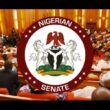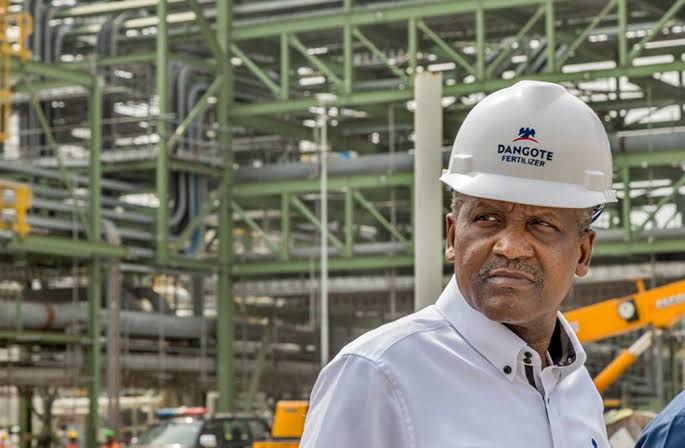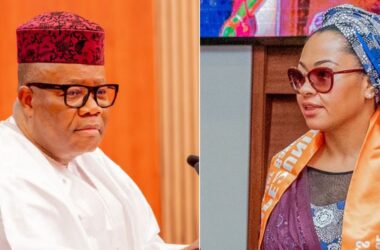Nigerian local refineries, and the Dangote Petroleum Refinery, have declared their capability to end the nation’s dependency on imported refined petroleum products within 18 months. However, this announcement comes with a condition: the Federal Government must collaborate with their strategic plans.
Under the banner of the Crude Oil Refiners Association of Nigeria (CORAN), refinery owners expressed confidence in their ability to meet the country’s fuel needs. The Dangote Petroleum Refinery, with its significant capacity of 650,000 barrels per day, stands at the forefront of this initiative, alongside several other refineries in various stages of completion.
Eche Idoko, CORAN’s Publicity Secretary, highlighted the critical role local refineries could play in addressing Nigeria’s fuel challenges. He stated, “You can’t tackle inflation if you don’t address the pump price of petroleum products… In 18 months, we can produce what Nigeria will consume.”
However, Idoko’s optimism comes at a time when the Nigerian Midstream and Downstream Regulatory Authority’s Chief Executive, Farouk Ahmed, voiced concerns about over-reliance on the Dangote refinery. Ahmed warned against halting fuel importation, citing the risk of creating a monopoly and jeopardizing energy security.
Idoko countered that integrating local refineries into the national fuel strategy is essential to combating inflation and ensuring economic stability. He noted that Nigeria’s crude oil production is currently hampered by theft, which reduces the supply available for refining.
“We have the crude oil to feed these refineries,” Idoko asserted, “and more fields are being licensed by the day. Local refineries will reduce crude theft as they are closer to the oil fields, eliminating the need for long pipelines that are prone to theft.”
Moreover, Idoko called for a shift in how crude oil is sold to local refiners, urging the government to mandate sales in naira rather than dollars. This move, he argued, would reduce fuel production costs and alleviate pressure on Nigeria’s currency.
Despite these plans, Ahmed had previously pointed out that the Dangote refinery had requested an exclusive supply arrangement, which he opposed to avoid creating a market monopoly. In response, Aliko Dangote, President of Dangote Group, denied any monopolistic intentions, noting ongoing renovations of government-owned refineries.
Adding to the complexity, shareholders from the Pragmatic Shareholders Association of Nigeria defended Dangote against claims that his refinery’s diesel has higher sulphur content than imports. They praised Dangote’s investment as a boon to national development and economic stability.
Behind the scenes, Dangote Group continues to face challenges securing crude supplies from international oil companies (IOCs), who reportedly prefer selling through foreign agents at inflated prices.
Dangote’s Oil & Gas VP, DVG Edwin, highlighted the issue, stating, “We paid $96.23 per barrel for Bonga crude, a price significantly higher than international benchmarks.”










